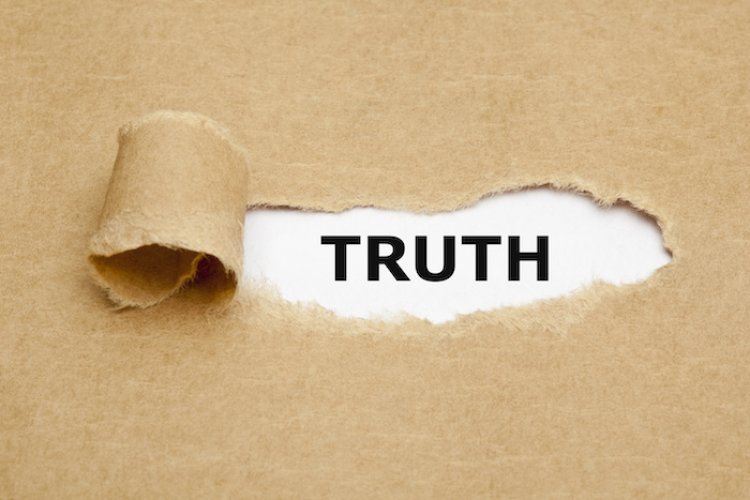Three Reasons We Value Truth-Telling in CEOs
Mark Pastin

While most of us try to be truthful, we all lie on occasion. Some lies are minor (“Of course you don’t look fat in that outfit!”) and many are the “white lies” of everyday discourse (“This is the one product you cannot live without.”) In most cases, these lies do not cause harm and do not brand the liar as generally untrustworthy. But once you lie to someone about a matter of importance, you have damaged your relationship with that person in a way that is not easily mended.
The requirement that one avoid lies is especially stringent for CEOs. Because employees, investors, regulators, and others base decisions on even the minor pronouncements of a CEO, the zone of forgiveness for CEO lies is small. Many CEOs know this and become averse to conversation about their business for fear of “being trapped” into a lie. CEOs recognize the consequences of even the slightest inaccuracy, let alone an outright lie.
There are times when anyone, even a CEO, should lie. President Franklin D. Roosevelt lied about whether the United States was preparing to enter WWII. Telling the truth would have been so injurious to the national interest that President Roosevelt was never called to account for this lie. When a soldier is captured by the enemy and asked the whereabouts of his colleagues, he is expected to lie. We even see instances of expected lies in everyday life. If a suspected molester asks where your kids go to school, you should do your best to tell a convincing lie.
These exceptions prove the rule that one should not lie unless the consequences of telling the truth are extreme. If a coworker asks me for information about a project we are working on, I should not mislead him just to make him look foolish. If a friend asks whether I have a ladder, I should tell the truth even if I don’t want to lend it to him. If a new product is not selling as well as predicted, we should still give accurate sales figures. Telling the truth is not always easy, but it is expected.
Why do we place so much value on telling the truth, and especially from leaders such as CEOs? My new book, Make an Ethical Difference, identifies three reasons.
Truth Is Efficient.
The first reason is that telling the truth is efficient. If I can’t rely on what you say, I have to verify everything you tell me. In fact, without an expectation of truthfulness, ordinary discourse becomes impossible. If you want to see an example of how processes break down when truth-telling is not an expectation, look no further than Washington, DC. Gridlock is the byproduct of an environment in which one speaks for advantage regardless of the truth.
Truth Builds Trusting Relationships.
The second reason that truth-telling is important is that it allows us to form relationships based on trust. One way in which you distinguish your friends from others is by how much of the truth you will tell them. If you are a friend, I will share information with you that I would not share with others. The fact that I am willing to share this information is a sign to you that I view you as a friend. You in turn may then be willing to share more private information with me. Truth-telling is the currency from which trust is built.
Truth Reveals Character.
The final reason that we value truth-telling is that it reveals the general character of a person. A person who lies cannot be counted on to be otherwise ethical. We sometimes put this by saying that a liar is a person who has no center, no ethical compass. Generally, lying is a sign that a person is putting their interests ahead of the interests of those to whom they lie. There is no reason to expect them to respect other ethical boundaries if the simple act of telling the truth is beyond them.
When a CEO tells the truth in a difficult circumstance, he is doing more than speaking the truth. He is signaling others that he expects them to be truthful as well, even if it is difficult to do so. When the members of your organization know that your word is good, it is much easier to be a source of influence. And influencing the organization is what leadership is all about.
About the Author
Mark Pastin is CEO of the Council of Ethical Organizations, a nonprofit organization dedicated to promoting ethics in business and government. A Harvard-educated ethicist who's received grants from the National Science Foundation and the National Endowment for the Humanities, he's published more than 100 articles and written a new book, Make an Ethical Difference (Berrett-Koehler, 2013).

















